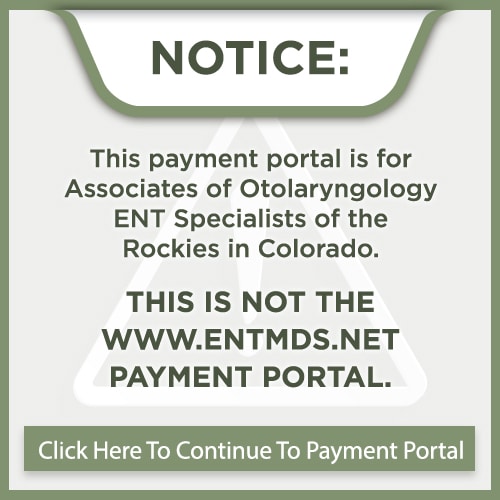Signs You May Need Hearing Aids
Among the first signs that you may need hearing aids include:
- Finding yourself asking people to repeat themselves
- Thinking, “I can hear, I just can’t understand”
- Difficulty following conversations in restaurants or other noisy places
- Difficulty hearing soft-spoken people
- Finding yourself turning the TV or radio volume up
- Accusing people of mumbling
- Loved ones telling you that you need to get your hearing checked
- Speech clarity
- Speech understanding
- Difficulty hearing in background noise
- Difficulty hearing with hearing aids
- Difficulty localizing sound
- Difficulty hearing on the phone
- Other people mumble
- I can’t hear my children/ grandchildren
- I have trouble with women’s and children’s voices
- Tinnitus (ringing in ears) interferes with hearing
- Difficulty hearing when people wear masks
- Difficulty hearing when I can’t see the talker’s mouth
We know that the possibility of needing hearing aids is overwhelming to most people. There are many factors to keep in mind when considering pursuing hearing aids. Some of these factors include cost, insurance benefits, impact on daily life and communication, trial periods, programming, warranties, and follow-up services. At your hearing aid evaluation appointment, we will discuss all these factors and more, and determine your best treatment option. Keep in mind that any decision you make is not necessarily a permanent one, as we offer a 60-day completely risk-free, 100% money-back trial period for you to determine if you are satisfied with the hearing aids.
At AOO | ENT Specialists of the Rockies, hearing aids vary in price according to how technologically advanced they are. We offer 4 price levels of technology, starting with a basic hearing aid and increasing to premium, offering an increasing number of advanced features. These features include automatic background noise reduction, tinnitus sound therapy, Bluetooth and made for iPhone connectivity, rechargeable technology, etc. Although not all do, some insurance companies will cover a portion of hearing aids. Call your health insurance provider and ask about your hearing aid coverage/benefits.
Hearing Aid Manufacturers
While there are many different brands of hearing aids, we specialize in fitting several that are considered among the top manufacturers in the world. These manufacturers include Phonak, Widex, Oticon, and Starkey. We believe these companies provide technology which yields the greatest success and satisfaction across a wide-range of patient needs. Schedule your appointment with us to further discuss these hearing aids and learn what we’d most highly recommend for you.
Styles of Hearing Aids
While choosing a style of hearing aid is a very important aspect of the process, the style does not determine the price. The style of hearing aid recommended for you is determined by your type and degree of hearing loss, cosmetic concerns, and ear anatomy among other things. All of the following styles are available at any of the 4 technology/price levels.
- Behind-the-ear (BTE) hearing aids are placed over and behind the ear and are connected with tubing to custom-fit earmolds that fit in the ear canal
- Receiver-in-the-canal (RIC) hearing aids are also placed over the ear, but have a more discreet, thin wire that connects to the speaker that fits into the ear, allowing for a more comfortable and cosmetically appealing fit
- In-the-ear (ITE) hearing aids consist of just one custom-made piece that fills the outer portion of the ear canal and the whole bowl of the ear
- In-the-canal (ITC) hearing aids are smaller versions of ITEs, and they fill the outer portion of the ear canal and a smaller portion of the bowl of the ear
- Completely-in-the-canal (CIC) hearing aids are also just one custom-made piece, but they are smaller still and fit into the canal of the ear and do not extend into the outer bowl of the ear
- Invisible-in-the-canal (IIC) hearing aids are very small, custom-fit molds that fit deep into the ear canal, and are essentially “invisible” from view.
Real Ear Verification
Our clinic is equipped with real-ear verification equipment to perform in-situ measurements with the hearing aids in your ears. These measurements ensure that your hearing aids are programmed as accurately as possible to provide the most successful fittings and in turn the best hearing outcomes for all our patients.
Will I Need A Hearing Aid For Each Ear?
Usually, if you have hearing loss in both ears, using two hearing aids is best. Listening in a noisy environment is difficult with amplification in one ear only, and it is more difficult to distinguish where sounds are coming from. If, however, the quality of hearing in one ear is very different from the other, one hearing aid may be better than two.
What Other Questions Should I Ask?
- Ask about charges for the hearing evaluation, dispensing fee(s), and future servicing and repair.
- Inquire about the trial period policy and what fees are refundable if you return the hearing aid(s) during the trial period.
- Ask about the warranty coverage for your hearing aids and the consumers protection program for hearing aid purchasers in your state.
Because federal regulation prohibits any hearing aid sale unless the buyer has first received a medical evaluation from a physician, you will need to see our physicians before you purchase a hearing aid(s). However, the regulation says that if you are more than 18 years old and are aware of the recommendation to receive a medical exam, you may sign a waiver to forego the exam.
Frequently Asked Questions about Hearing Aids
At what point do you need hearing aids?
How often should you buy new hearing aids?
Can a hearing aid stop tinnitus?
Can I buy hearing aids without a test?
How do I choose the right hearing aid?
What is the best hearing aids on the market?
Can wearing a hearing aid make your hearing worse?
Do cheap hearing aids work?
How do you know if your hearing aid is working?
Should you wear hearing aids all the time?
Associates of Otolaryngology, or, AOO | ENT Specialists of the Rockies has been serving multiple generations of families across the Denver Metro area since 1969. Our group of board-certified surgeons has been providing award-winning treatment and exceeding patients’ expectations with our specialized ENT services for over fifty-five years.
Thanks to our exceptional providers, we are an all-encompassing, comprehensive ENT practice. Our expert team of specialists includes general ENT surgeons, head and neck surgeons, sleep, sinus, and allergy specialists, and facial cosmetic and reconstructive surgeons. In addition, our team of providers is supported by doctoral-level audiologists, physician assistants, and nurse practitioners.









